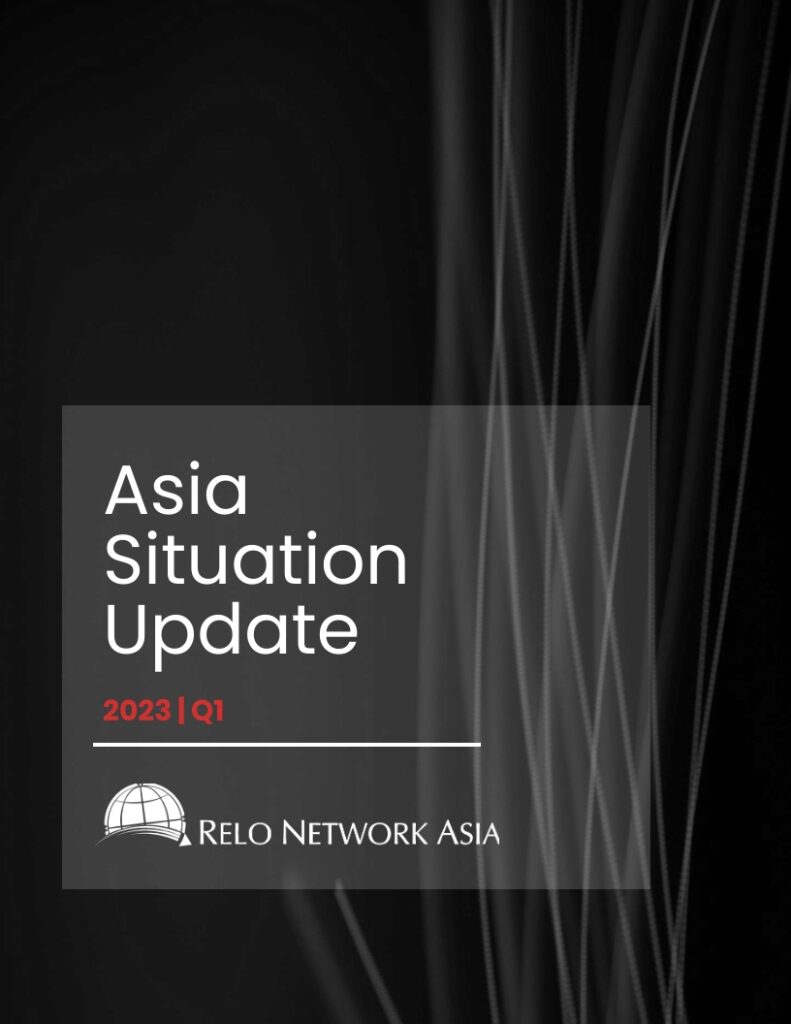Overall, there has been a stabilization reported in many countries. The pace of change has stabilized. However, the costs and pricing continue, in most cases, to remain high.
In other words, we have not reverted to the status quo of prepandemic availability and pricing. What is happening is more of a reset that considers lower availability and higher pricing as the norm.
 Competitive housing markets will continue to impact assignees, requiring a combination of higher rates, expansion of searches outside typical expat-style neighborhoods, and limited negotiation with landlords. Changes to procedures of the past days appeared first in Singapore, where the payment of a tenant side realtor commission came into being and has now become a permanent feature. In Taiwan and Korea, it has become more common for a negotiation fee or pre—down payment fee respectively to be paid to take a property off the market during negotiation.
Competitive housing markets will continue to impact assignees, requiring a combination of higher rates, expansion of searches outside typical expat-style neighborhoods, and limited negotiation with landlords. Changes to procedures of the past days appeared first in Singapore, where the payment of a tenant side realtor commission came into being and has now become a permanent feature. In Taiwan and Korea, it has become more common for a negotiation fee or pre—down payment fee respectively to be paid to take a property off the market during negotiation.
Three locations stand out: China, Hong Kong, and Macau. The newness of the border openings, accompanied by the short time between the Solar and Lunar New Year holidays, means that these locations have yet to feel the impact of their new reality. Nevertheless, our teams from these three locations anticipate increased pressure on supply and higher pricing in the coming months, especially in the housing market.
The world joins in one collective, nail-biting pause as we stand again on the precipice of the next potential global threat. On average, economists predict a 60/40 chance of a recession in 2023. But, even if a global recession doesn’t arrive or isn’t as bad as expected, companies are anticipating one and taking steps to mitigate the impact, contributing to a hesitant start of the year.




